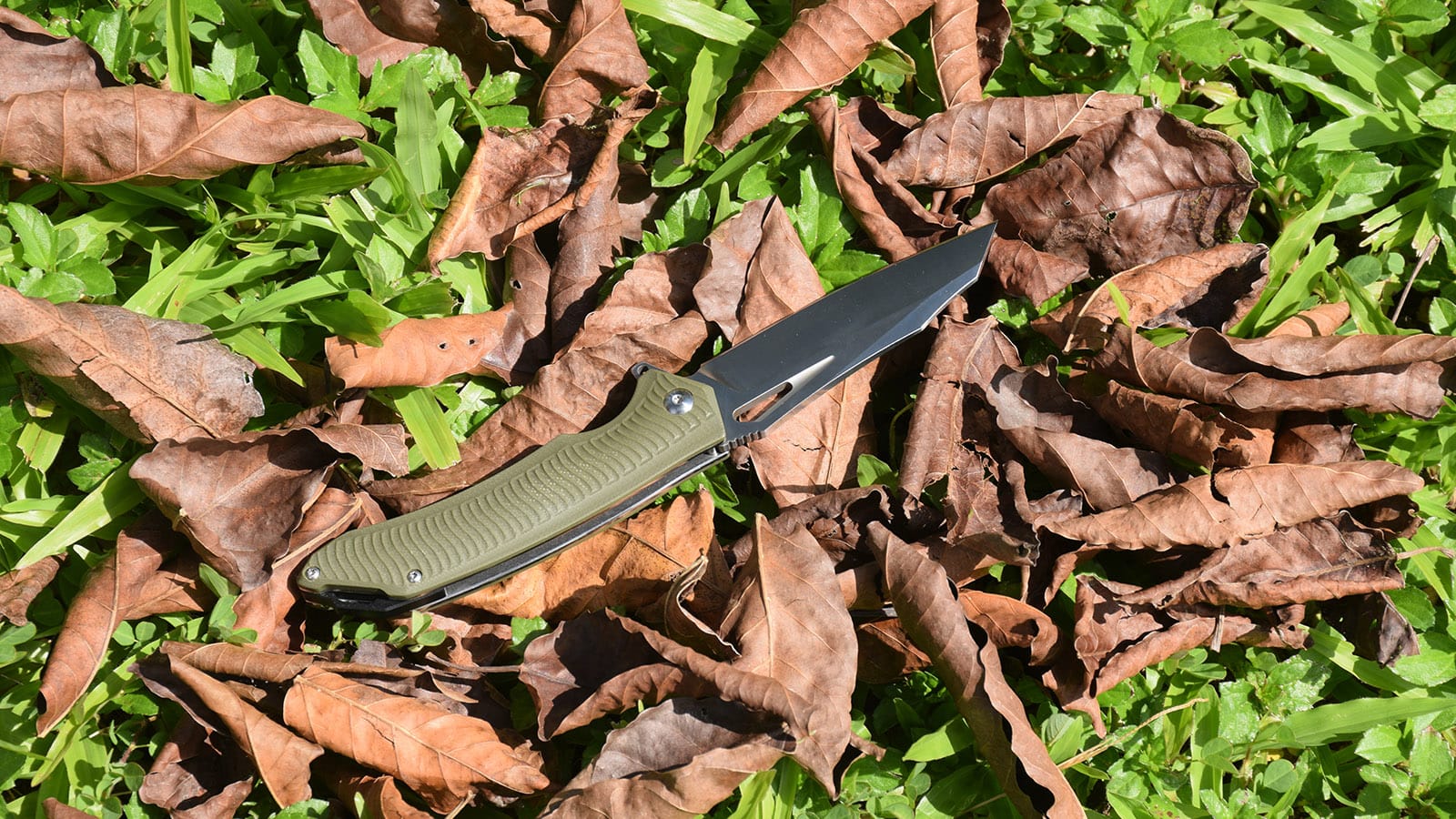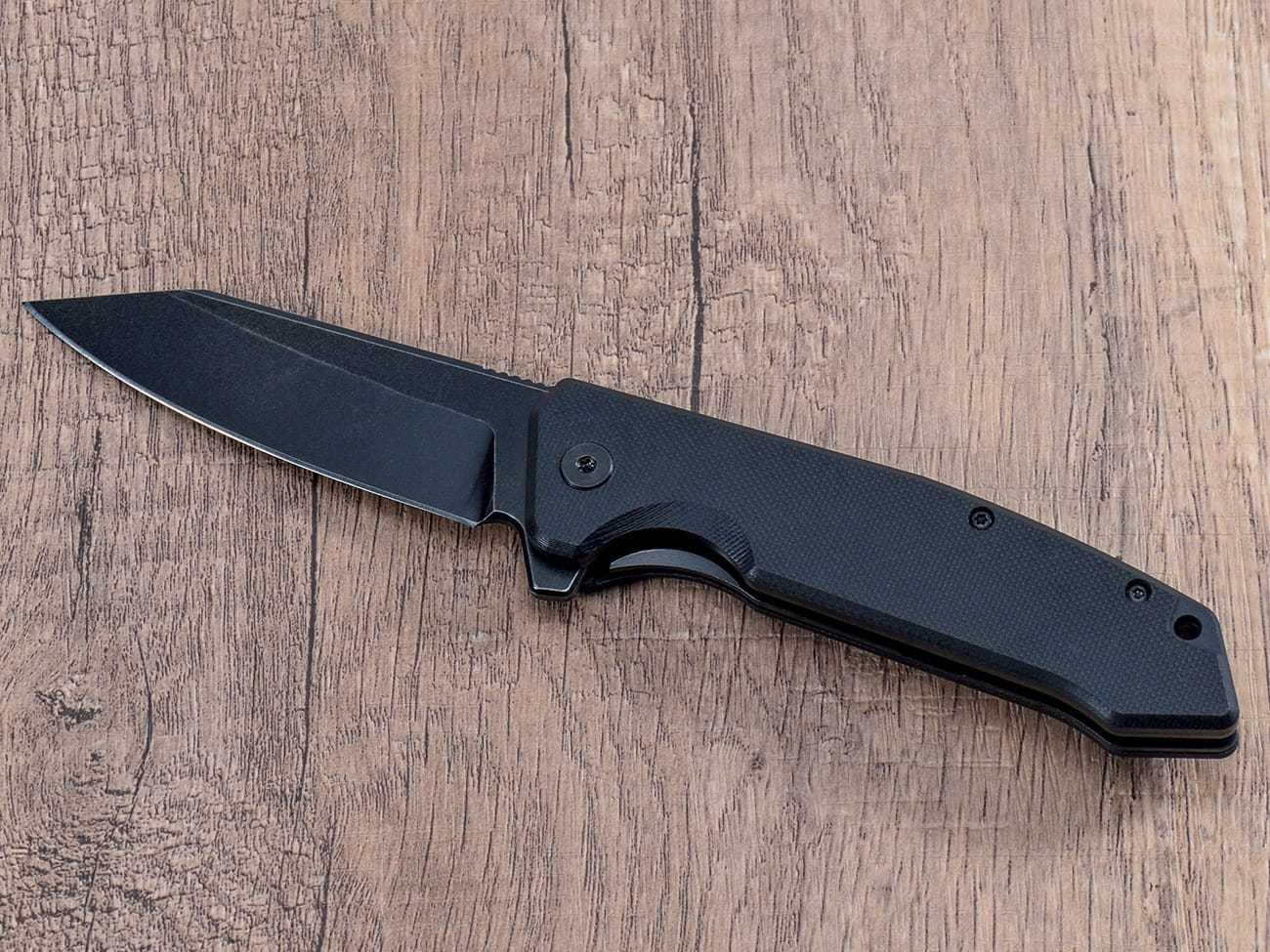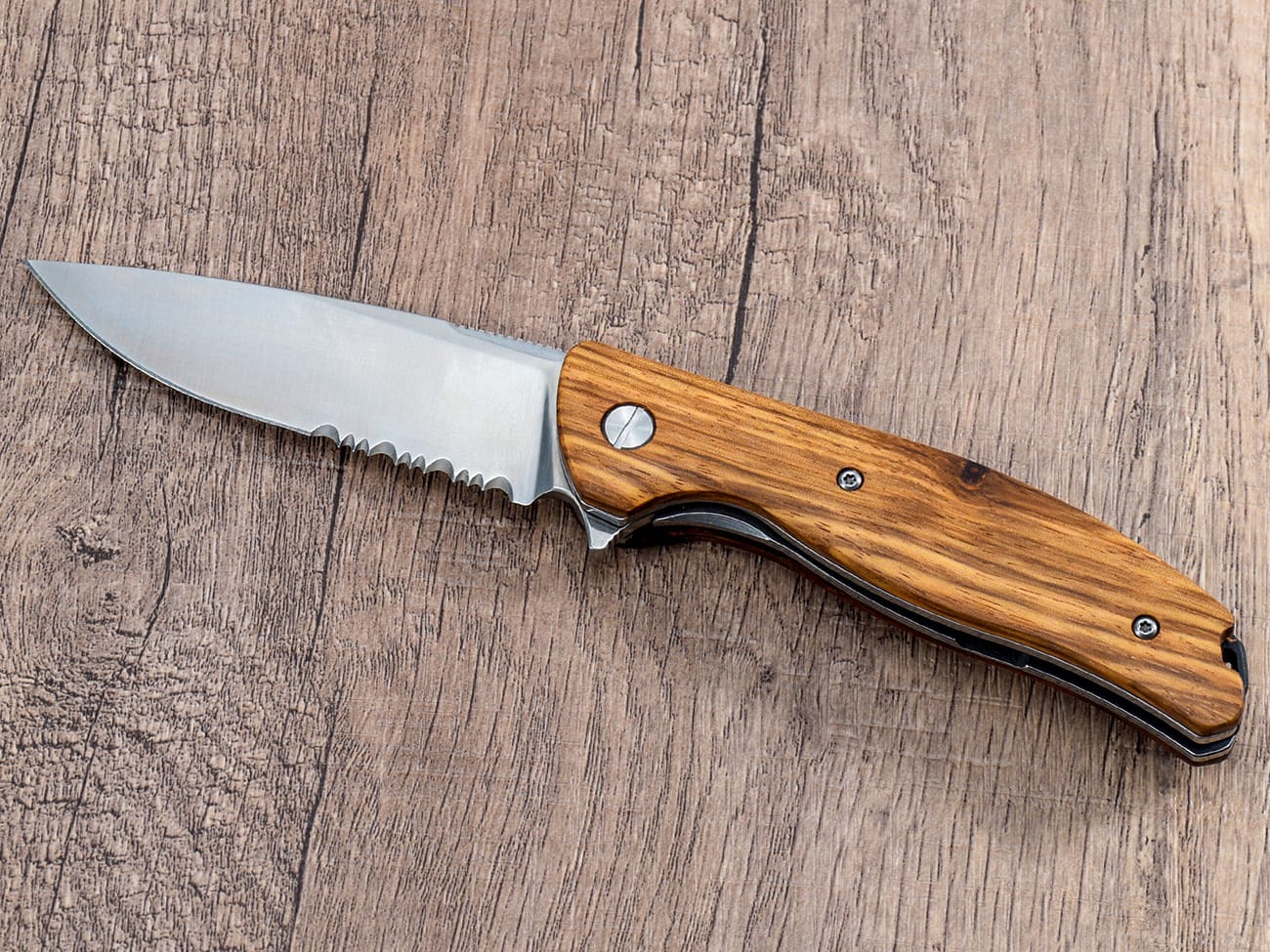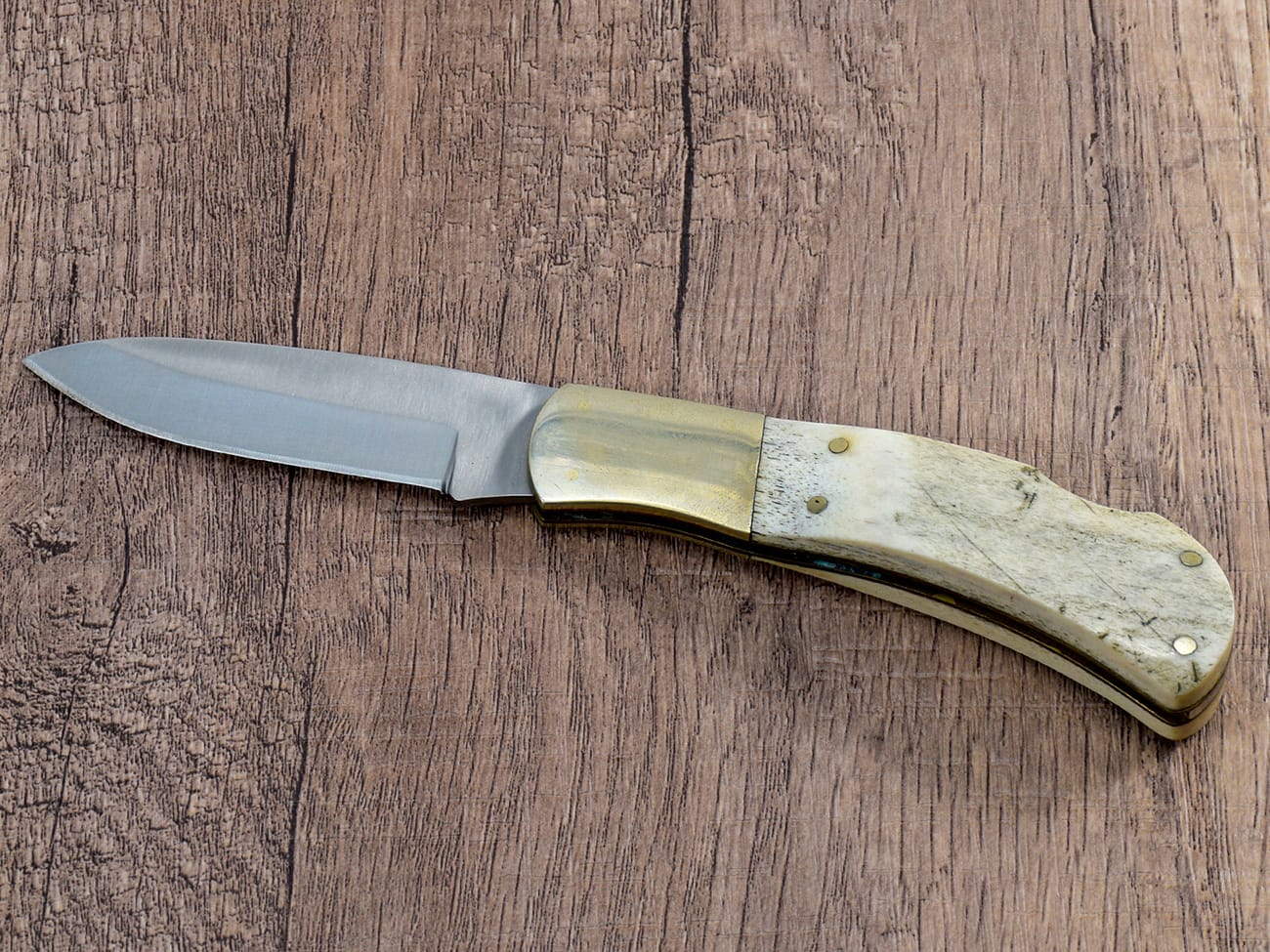A non-locking folding knife is a versatile tool that combines convenience with legal compliance. In this comprehensive guide, we’ll explore everything you need to know about these practical everyday carry options, from their mechanisms to their advantages and legal considerations.
Table of Contents
1. What Is a Non-Locking Folding Knife?
A non-locking folding knife, also known as a slip joint folder, is a type of pocket knife where the blade doesn’t lock in place when opened. Instead, it relies on spring tension to keep the blade open during use. These knives are often considered more traditional and are legal in many places where locking knives are restricted.The most common example of a non-locking folding knife is the classic swiss army knife, which has earned its reputation as a reliable everyday carry tool. These knives typically feature a pivot point and spring bar mechanism that provides resistance when opening and closing the blade.
2. How Do Non-Locking Mechanisms Work?
The mechanism of a non-locking folding knife primarily relies on friction and spring tension. When you open the knife, the spring bar applies pressure to the tang of the blade, creating enough resistance to keep the blade open during normal use. However, unlike locking folders, the blade can be closed without disengaging any lock mechanism.The most common non-locking mechanism is the slip joint, where a spring provides tension against a flat portion of the tang. This design has been used for generations and continues to be popular in modern knives.
3. Types of Non-Locking Folding Knives
Several distinct types of non-locking folding knives exist:
- Slip Joint Folders: Traditional pocket knives with spring tension
- Friction Folders: Simple designs that rely purely on friction
- Swiss Army Style: Multi-tool knives with various non-locking implements
Check out our guide on traditional pocket knife patterns
Unable to render imageA classic example of a non-locking folding knife design
4. Benefits of Non-Locking Folders
Non-locking folding knives offer several advantages:
- Legal compliance in restricted areas
- Simpler mechanism with fewer parts to maintain
- Traditional appeal and classic designs
- Often lighter weight than locking folders
Learn more about EDC knife selection
5. Safety Considerations When Using Non-Locking Knives
While non-locking knives can be very safe when used properly, they require proper technique and awareness. Users should:
- Always cut away from themselves
- Maintain awareness of the blade’s position
- Avoid applying excessive lateral pressure
- Keep the pivot clean and properly tensioned
6. How Do They Compare to Locking Knives?
When comparing non-locking and locking folding knives, several key differences emerge:
| Feature | Non-Locking Knives | Locking Knives |
|---|---|---|
| Security | Spring tension only | Mechanical lock |
| Legal Status | Generally more accepted | Often restricted |
| Maintenance | Simpler mechanism | More complex |
| Use Cases | Light to medium tasks | Heavy-duty work |
7. Popular Non-Locking Knife Brands and Models
Several manufacturers excel in producing quality non-locking folders:
- Victorinox Swiss Army
- Spyderco UK Pen Knife
- Traditional slipjoint makers
Discover our top-rated non-locking EDC knives
8. Legal Considerations and Knife Laws
Understanding knife laws is crucial for responsible ownership. Non-locking knives are often legal in areas where locking knives are restricted, but regulations vary by location. Always check local laws before carrying any knife.
9. Maintenance and Care Tips
To keep your non-locking folder in optimal condition:
- Regular cleaning of the pivot area
- Proper lubrication
- Maintaining appropriate spring tension
- Periodic inspection of wear points
10. Choosing the Right Non-Locking Knife
Consider these factors when selecting a non-locking folder:
- Intended use
- Blade length requirements
- Handle materials and construction
- Spring tension preference
- Brand reputation and warranty
Key Takeaways:
- Non-locking folding knives rely on spring tension rather than mechanical locks
- They offer excellent legal compliance and traditional appeal
- Proper technique is essential for safe use
- Regular maintenance ensures optimal performance
- Understanding local laws is crucial for responsible carry
Remember: A non-locking folding knife can be a reliable everyday carry tool when chosen wisely and used properly. Whether you’re looking for a legal-friendly option or appreciate traditional knife designs, these versatile tools have much to offer the discerning user.




